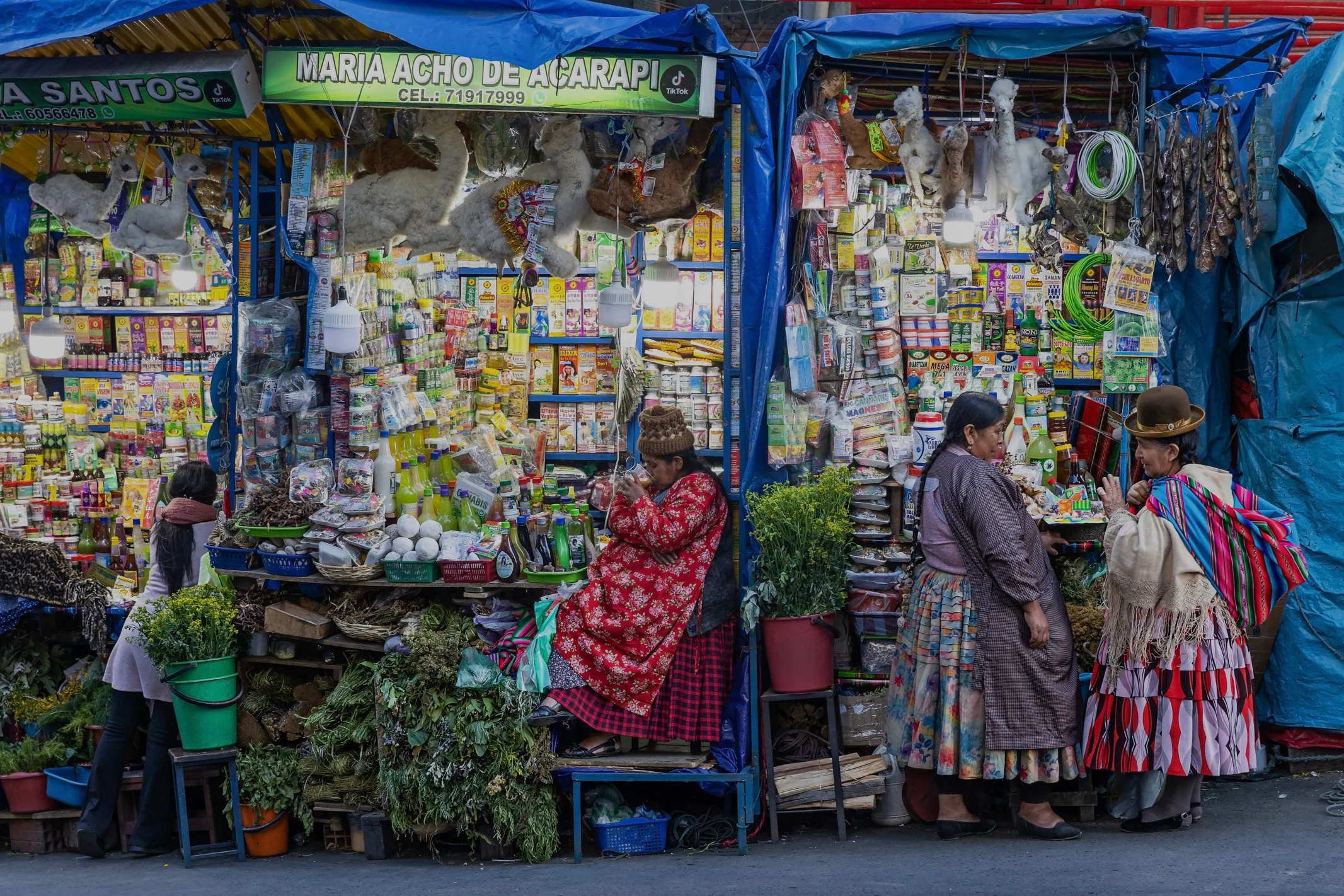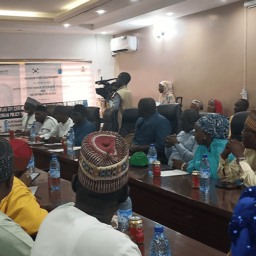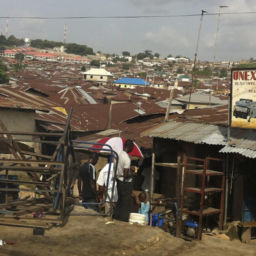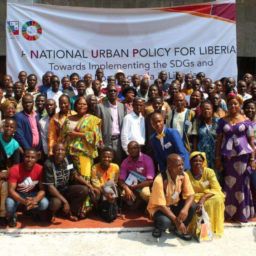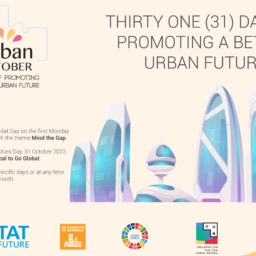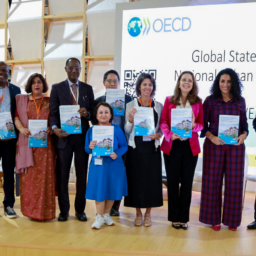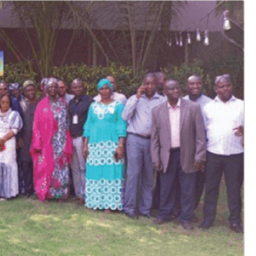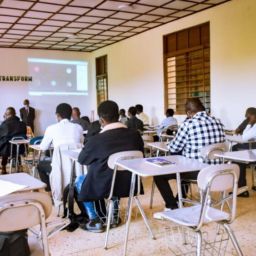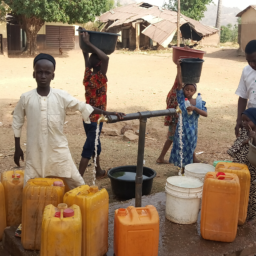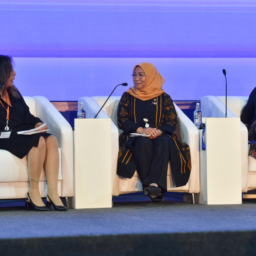La Paz, 12 September 2024
Last month, Bolivia reached a major milestone in urban development with the official launch of its National Comprehensive Urban Development Policy (PNDIC).
Developed with support from UN-Habitat and funding from the Swedish International Development Cooperation Agency (Sida), this policy marks a new chapter in the country’s approach to urban planning, aimed at creating more inclusive, resilient, and sustainable cities.
The PNDIC serves as a crucial roadmap for Bolivia, where over 70 per cent of the population resides in urban areas, according to the National Institute of Statistics. This policy was developed through a broad participatory process that began in 2018, engaging actors from all levels of government, academia, civil society, and the general public, with more than 500 meetings held to gather diverse perspectives from both urban and rural communities.
The formulation of the PNDIC stands out for its inclusive and participatory nature. Since 2018, over 20 national entities, various municipalities, and thousands of citizens – from universities to local governments and civil society organizations – have contributed to shaping the policy. During its diagnostic phase, national, departmental, and metropolitan meetings identified key challenges, such as uncontrolled urban sprawl, low productivity in both urban and rural areas, and weak urban governance.
The PNDIC provides a framework to tackle these challenges, proposing land occupation plans and territorial planning plans to enhance the capacity of Autonomous Municipal Governments in planning urban development. These plans aim for balanced growth that enables cities to adapt to climate and economic changes while thriving sustainably.
Additionally, the policy promotes a harmonious relationship between urban areas and their rural surroundings, fostering territorial integration and improving living conditions across Bolivia. This comprehensive approach aims to benefit not only large cities but also smaller human settlements and rural areas.
Bolivia’s Vice-Ministry of Housing and Urbanism will spearhead the implementation of the PNDIC, with support from UN-Habitat, the World Bank, Sida, and other partners. This collaboration ensures the policy’s alignment with the 2030 Agenda for Sustainable Development and the New Urban Agenda, positioning the PNDIC as a key instrument in advancing these global goals.
The PNDIC outlines clear goals for improving the quality of life for Bolivians, providing a framework for developing planned, inclusive, productive, and resilient cities. By addressing urban inequalities and diversifying the country’s economic model, the policy envisions cities as engines of inclusive and sustainable growth.
Built on five conceptual pillars – rights, prosperity, resilience, urban metabolism, and comprehensive planning – the PNDIC will guide Bolivia’s urban transformation. These principles ensure that cities become vibrant, equitable, and sustainable spaces that enhance well-being and opportunity for all.


